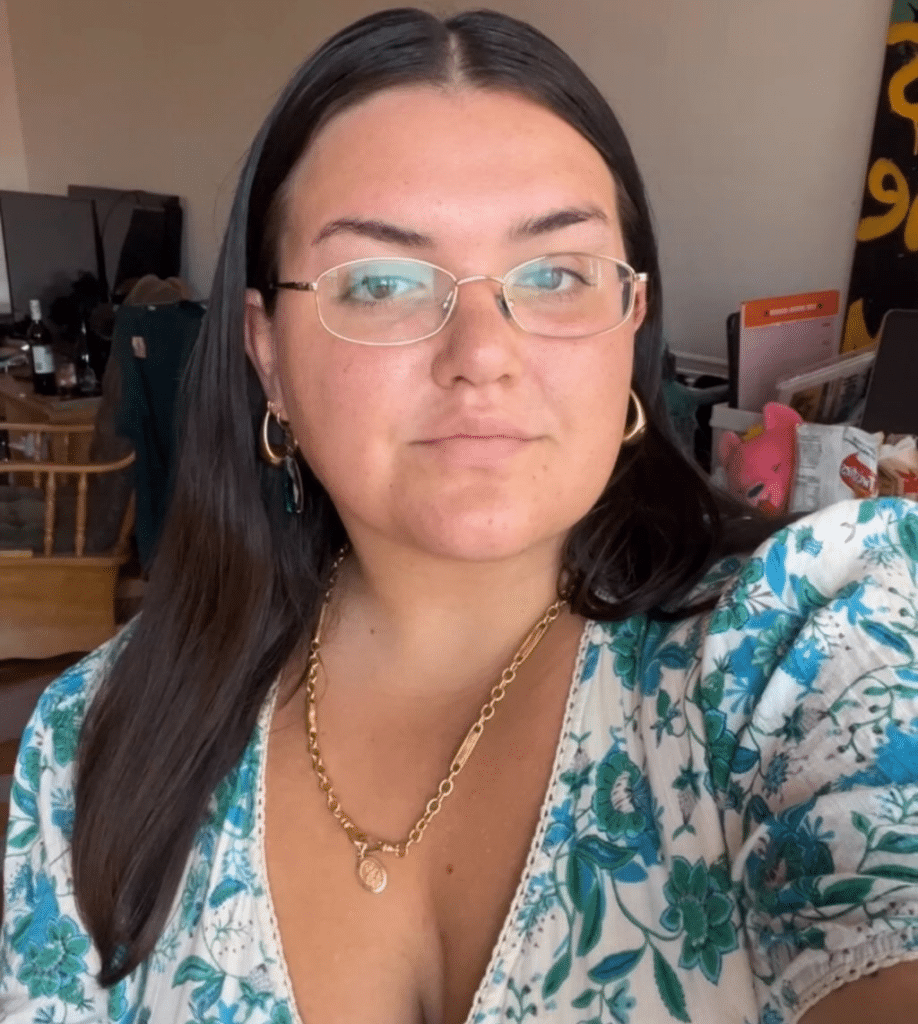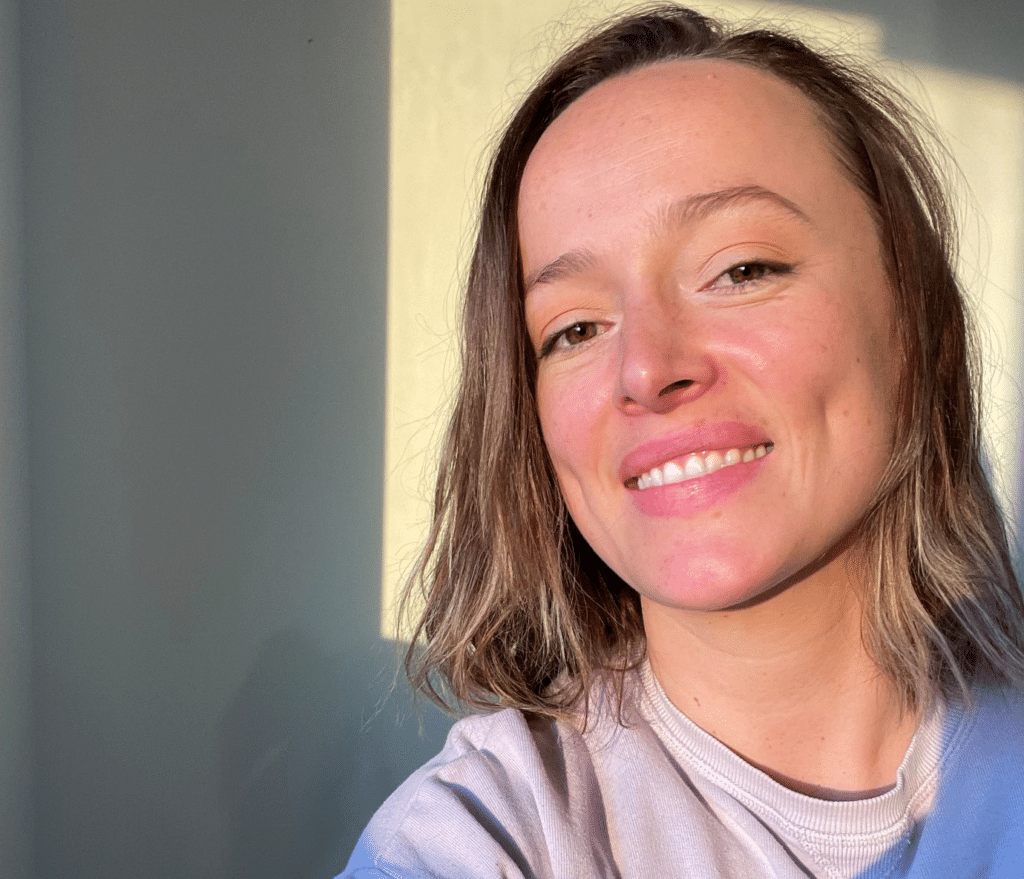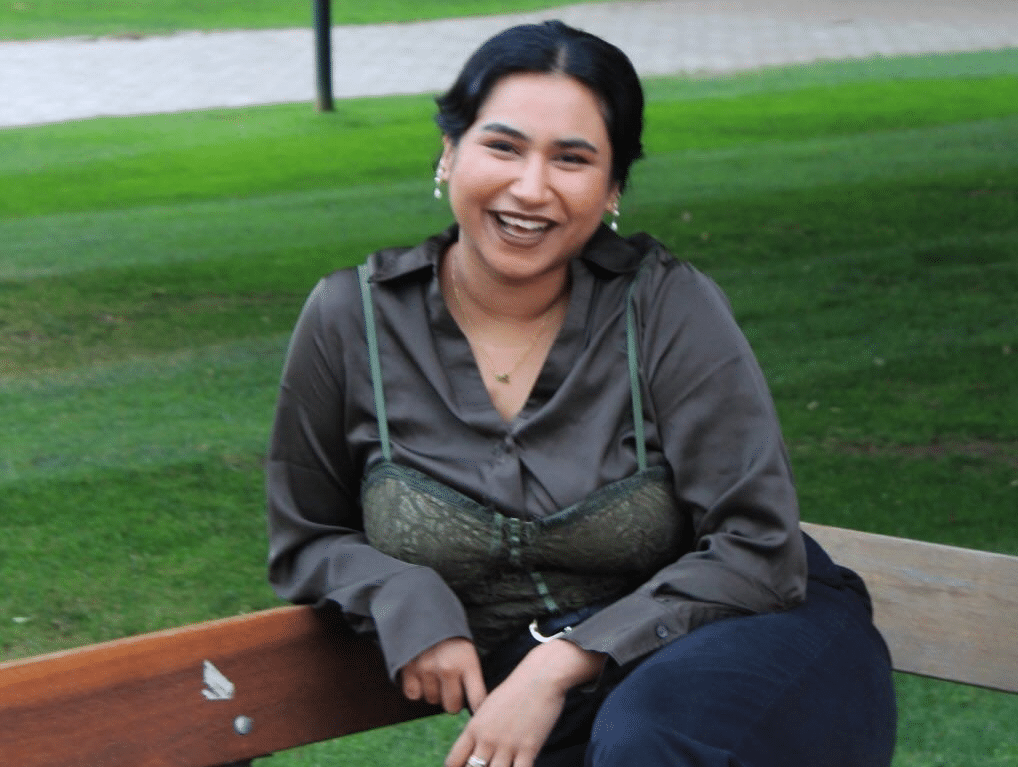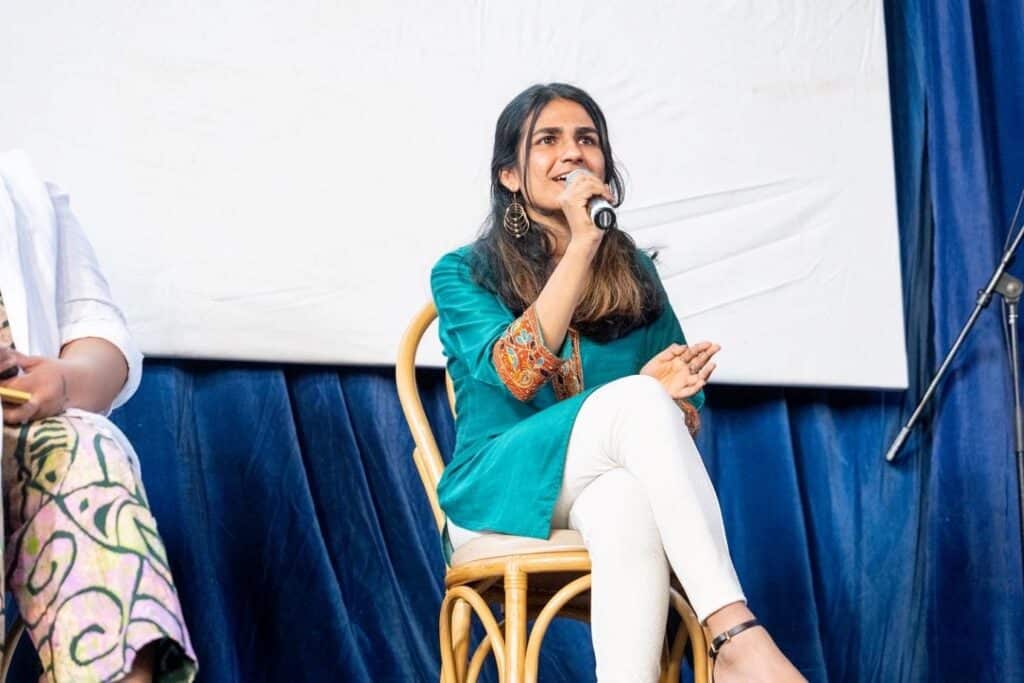There have been numerous times in the past few years where I’ve refused to go to the GP.
Not because I can’t make time for it or because I live too far away from one; in fact, there are 15 of them within 1km of me. But because as a young brown woman who has struggled with an eating disorder, generalised anxiety disorder and the physical effects of mental illness, I have not been believed; I have been made to feel guilty and, ashamed and lazy.
One of my GPs refused to diagnose me with an eating disorder for three years, saying it would affect my employability.
Another one told me my problems were much smaller compared to others when I told her my anxiety was getting increasingly worse.
At the end of 2023, I went to my GP worried about a relapse with my eating disorder and was told that since I was eating, I was fine and if it got worse, I should come back. A month later, I was trying to dig myself out of the worst relapse I had ever had.
In addition, as a university student paying rent and trying to make my way through the cost-of-living crisis, I’m now forced to pay for most GPs. Less than one in four Australian general practices provides bulk billing to all patients, and over 500 clinics switched to private billing in the past year, according to a recently published report by Cleanbill.
And exactly what am I paying for? To be told I don’t deserve the treatment I do?
The sad reality is that I’m not alone in these experiences. Phoebe McIlwraith, a First Nations journalist (she/her), said, “There’s a lot of intergenerational trauma in Aboriginal families and the medical system.”
Since she was a teenager, Phoebe has attended hospital appointments with her Nan to help advocate for her. During this time, she witnessed the different treatment her Nan would receive when her white Pop or Dad were around. “When you watch that all your life, you learn that medical professionals don’t see you as equal or reliable witnesses to your health.”
Phoebe also shared a harrowing experience where she had a stomach bug so painful she could not walk. When her GP, “a white woman,” found out she was Aboriginal, Phoebe said she was told to talk about her drug and alcohol intake despite stating she was sober. “We spent most of the appointment with the Dr demanding that my Mum and I “could be honest” with her.”

Phoebe said she hasn’t had a consistent GP after her trusted family doctor moved away when she was 15. “I never feel heard by GPs who always seem to hyper-fixate on my perceived alcohol/drug intake or my weight and not the issue I want to address. So why would I see one consistently if I’m going to get equally ignored by the grand majority of them.”
Freya Bennett, founder and editor of Ramona magazine, also shared a harrowing experience with her GP that has left her traumatised 15 years later. At 21, Freya had their first ear infection. She visited their local GP, who prescribed eardrops, which unfortunately got stuck in the left ear. When Freya returned to the GP, the GP attempted to remove them through ear syringing. This controversial method is not recommended due to potential risks. 15 years later, Freya has lost 70 per cent of her hearing in the left ear and suffers from daily tinnitus
“I would encourage people to learn about their body and their conditions and do research before blindly trusting GPs. Question everything.”
Freya is also a mother. Her experience with the healthcare system meant she knew she had to take her health into her own hands. Freya saw a naturopath alongside her doctors, which allowed issues that her doctors brushed off to be treated.
“Postpartum, I feel like mothers are often forgotten about as the baby becomes the priority…we aren’t fostering the best start for mothers and babies with the mum often left exhausted and mentally burnt out, having to fend for herself,” Freya says.

Being a disabled young, non-binary person of colour and an international student, Srishti Chatterjee has faced the added layers of transphobia, racism and high costs.
Srishti was not believed by the medical system when they said they were disabled and were told the pain they suffered was due to exercise or weight changes instead.
Seeking basic reproductive care has been a “dysphoric experience” as they continued to be treated by their biological sex.
Srishti, a chronically ill and trans writer, researcher, policy adviser, and international student, also notes the importance of advocating for yourself and building a community to support you in the battle against the health care system.
For five years, Srishti has battled the Australian healthcare system for the diagnosis and care of their fibromyalgia and CFS. Being an international student means that Medicare is not an option. The only option is high insurance premiums for care to be covered.
“Australia is the ‘lucky’ country, but not if you’re dealing with long-term illness. The current system is overburdened and is catered to rich people.”
Due to these costs and experience, despite being disabled, Srishti has only been to the GP twice in the last 5 years and had to borrow money from friends to pay for appointments. They waited three years during the COVID-19 lockdown to return to India for proper and cheaper care. This long wait saw their condition worsen.

In attempting to avoid a costly GP visit, Srishti’s condition worsened to the point of hospitalisation. Even at the hospital, they were not given a bed until they cried from the pain, which instilled fear in them of the health care system.
“Being able to go to a doctor regularly is a basic right, but unfortunately, that is impossible.”
Phoebe similarly shared an experience where while some GPs bulk bill Aboriginal patients, she is rarely told the policy and must inquire herself. “It feels suspicious that GPs would happily take $120 from a single young Aboriginal woman working paycheck to paycheck when they know they have a policy that says otherwise.”
For Freya, the shift from bulk to private billing has meant the need for budgeting and sometimes “will put off a GP visit till the next pay cycle.”
When I asked these three people what a good GP looked like, seeing the same GP was the key thread. Phoebe also mentioned a positive experience she’d had with a GP.
“She was a woman of colour who specialised in women’s health. I felt no bias from her, and it always came back to the facts; unlike other doctors, she wouldn’t lecture me endlessly about my weight or interrogate my voluntary sobriety. She just listened to me openly and honestly.”
Similarly, Freya says a good GP “doesn’t just look for band-aid solutions. A good GP should be able to admit when they don’t know enough about a certain condition and will refer you on.”
Srishti added gender-affirming care, and given their experiences, respect and belief in the patient.
Phoebe, Freya and Srishti state that a good GP for them is one with continuity, instead of retelling your story multiple times to a different person.
Our experiences with GPs are a few of many. It’s time to move beyond acknowledgment and take concrete steps towards creating a healthcare system that is truly equitable, inclusive, and centred on the well-being of all Australians. Only then can we ensure that no one is left behind in their journey towards health and healing.
Feature Image: Varsha Yajman.


